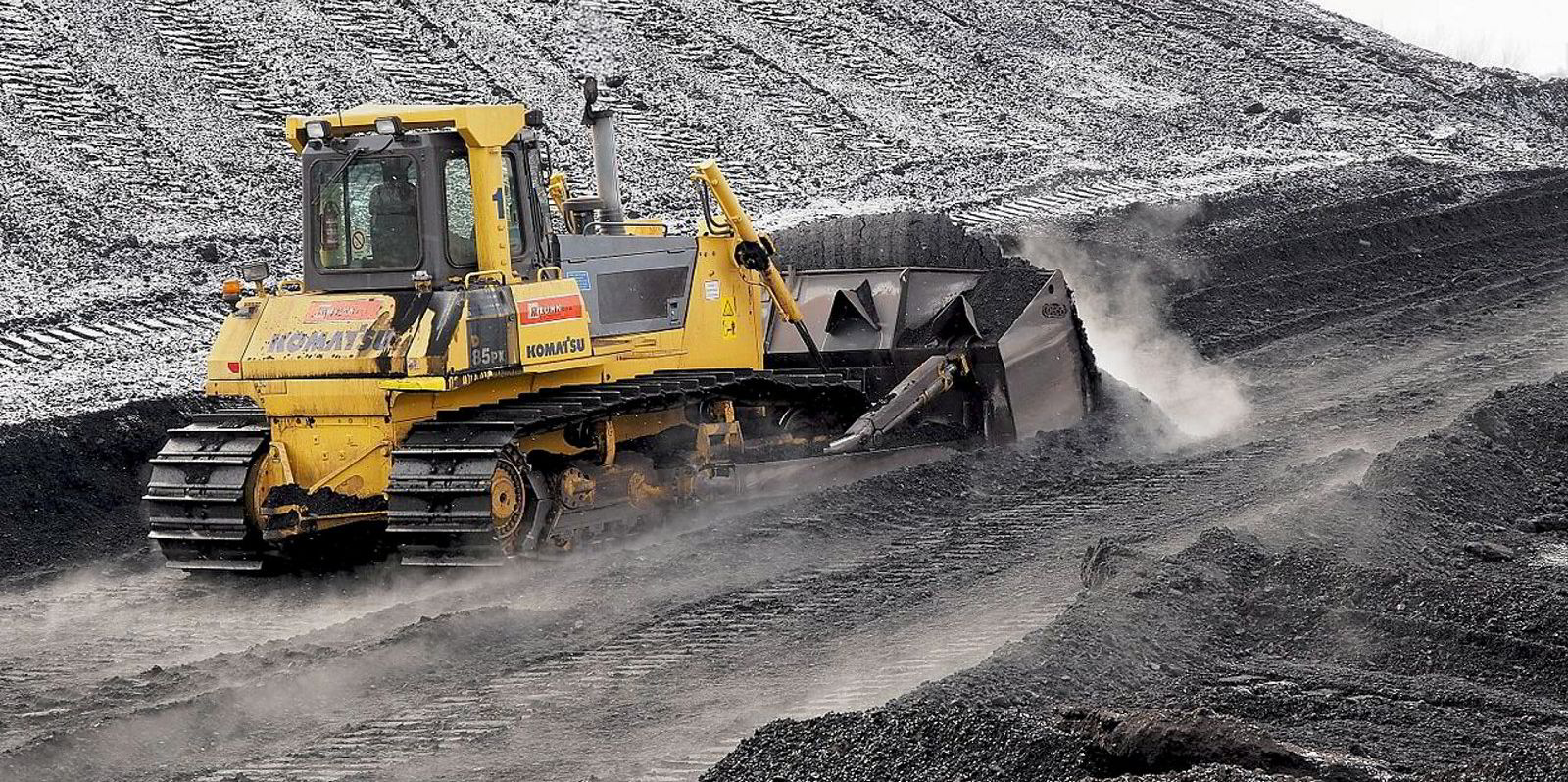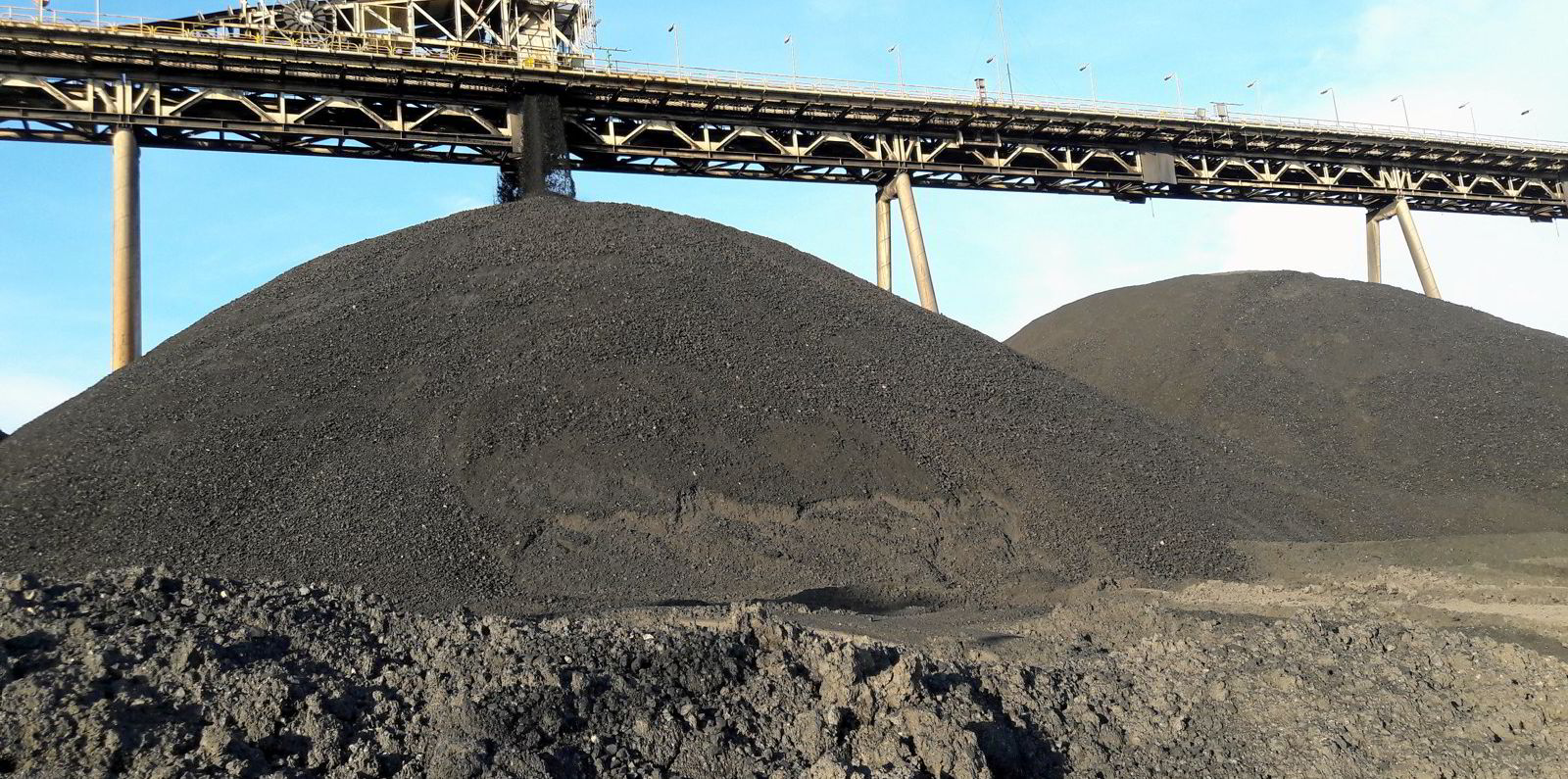China’s plan to boost domestic coal production by 300m tonnes this year may hurt the dry bulk sector over time but should spare the market in the near term, according to market watchers.
Government officials have confirmed that the country will increase mining capacity by that much in 2022, in an effort to reduce foreign energy dependence amid geopolitical tensions, Bloomberg has reported.
China, the world’s largest producer and consumer which mined 4bn tonnes in 2021, has also implemented price controls that put its main suppliers in Indonesia, Russia and Mongolia at a disadvantage.
The price of coal reached $329 per tonne on Thursday, up 12.2% from two weeks ago, according to the New York Mercantile Exchange.
Citigroup said that lower China imports, which fell by a quarter year-to-date, may be a “game changer” that could present “major downside risks” to fossil-fuel prices, Bloomberg reported.
But China’s decision to raise domestic output should not rattle the present bulker market, said John Kartsonas, founder of dry bulk ETF-trading platform Breakwave Advisors.
“These are long term drivers and have little if any impact on current spot rates,” he told TradeWinds.
He said the market is currently “well supported” with demand and the futures market, especially for capesizes, is reflecting trader optimism with high rates, despite China’s plans.
The capesize 5TC, a spot-rate average across five key routes, shot up 20% on Thursday to $13,571 per day after falling steadily since mid-March, according to Baltic Exchange data.
Forward freight agreement (FFA) rates for the sector dropped slightly on Thursday, but they still showed the market increasing steadily in the months to come, to $21,243 per day in May and $34,750 per day in August.
Average spot rates for panamaxes, which are also hired to ship coal, slipped 1.3% on Thursday to $27,419 per day, though the rates are still beating $25,063 per day reported on 11 April, Baltic Exchange data dowed.
And China, which was a net exporter of coal a decade ago, is not expected to completely stop buying the commodity overseas as demand is set to grow amid possible shortages, Bloomberg reported.





